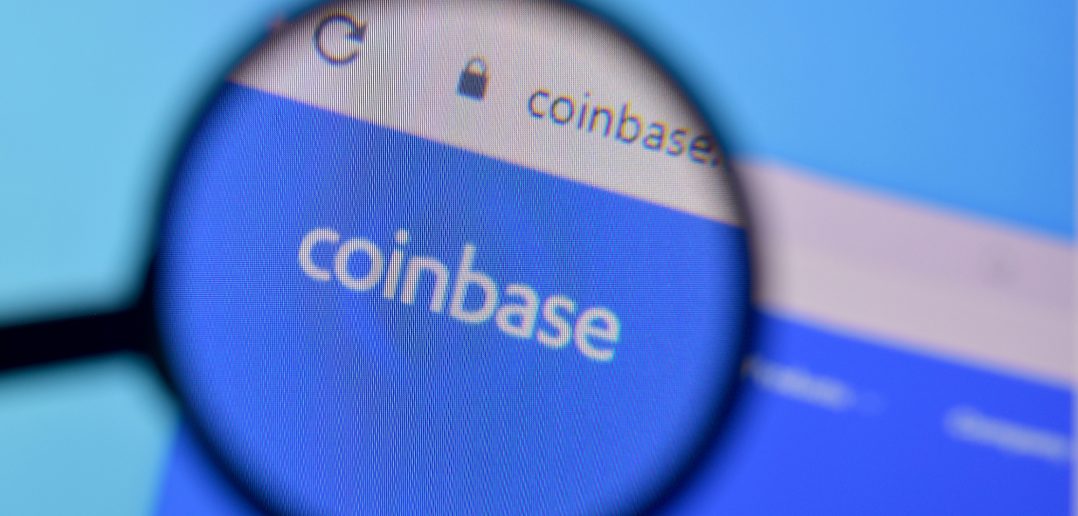
The largest cryptocurrency exchange in the US will list on the stock exchange on the 14th of April. Coinbase is avoiding the traditional initial public offering (IPO), in which investment banks fund the deal. Instead, the shares will be placed directly on the Nasdaq via a direct listing.
The established financial system has not taken the crypto market seriously for a long time and has put various obstacles in the way of the pioneers. Coinbase has supported the movement since 2012, and enabled the simple transition from the fiat system to the crypto world. The IPO could be a turning point for the cryptocurrency industry, which has long craved legitimacy.
Coinbase as a Crypto Pioneer
The crypto exchange stands for a fairer, more accessible, efficient and transparent financial system enabled by cryptocurrencies. Coinbase started with the radical idea that anyone should be able to buy Bitcoin easily and securely. Today, they provide a trusted and straightforward platform for accessing the broader crypto economy.
Not only have they managed to perform these tasks efficiently, but they have also managed to protect the personal data of their users. Numerous similar crypto exchanges have come and gone. Coinbase has since been able to clearly establish itself and records the largest trading volume in the US.
Direct listing on the stock exchange
In a traditional IPO, a company hires large investment banks to help sell shares to the public. Most of the time, these financial service providers are not cheap, and only help to set a viable IPO price per share. Furthermore, in an IPO, the company usually issues new shares to raise new capital.
In a direct listing, the company does not want to raise additional capital. In this case, the current owners of the company offer their shares, which investors can buy through the stock exchange. Coinbase thus not only bypasses investment banks and their fees. Pricing happens in rhythm with the owners, not other third parties. This is to put banks and their customers on an equal footing.
How does Coinbase make money?
Coinbase does not charge for the storage of cryptocurrencies in their wallets. Instead, it earns fees and commissions when users buy or sell a crypto asset such as Bitcoin. According to CEO Brian Armstrong, over $2 billion was generated from transaction fees in the first 7 years.
Margin fee (also known as spread)
Coinbase charges about 0.50% for crypto purchases and sales, although this rate varies depending on market conditions. Here, the margin fee depends on the price change between the initial price quote and the actual settlement.
Coinbase fee
This is a commission for all crypto transactions that is charged in addition to the spread. How much users actually pay depends on the location and the total amount of the transaction.
But Coinbase has several other businesses in addition to its trading services.
Coinbase Commerce
This service provides online merchants with software that allows them to accept cryptocurrency payments. Similar to PayPal, but for crypto – Coinbase’s plugins are used on a variety of e-commerce platforms.
Coinbase Credit card
Coinbase is in the early stages of providing a physical Visa debit card and an associated app. This allows cryptocurrencies to be spent in the real world – assets are automatically converted to fiat for shops.
Surprisingly, the crypto exchange has only been profitable since 2017. According to a recent SEC filing, Coinbase generated about $1.3 billion in revenue in 2020, more than double the previous year.
56 million global users
According to quarterly figures released on Tuesday, Coinbase’s first-quarter revenue increased to $1.8 billion. A year ago (Q1 2020), they generated 190 million with half as many users, resulting in a profit of 32 million.
Coinbase’s last formal valuation was in 2018, when it accepted $300 million in new funding. According to Crunchbase, the company was already valued at $8 billion at that time.
Nasdaq Private Market
Still, it was not 100% a “fair launch.” 1.8 million shares were already offered on the Nasdaq Private Market (ticker: COIN) in January. The first 75,000 were sold on Jan. 29 at $200 per share, bringing the valuation to nearly $54 billion.
With three more batch sales ($301, $303, $373), the value of the company rose to $100 billion. Given the increase, it is unclear whether the secondary share sale is still useful for Coinbase to determine a reference point for direct quotation.
*Originally posted at CVJ.CH

